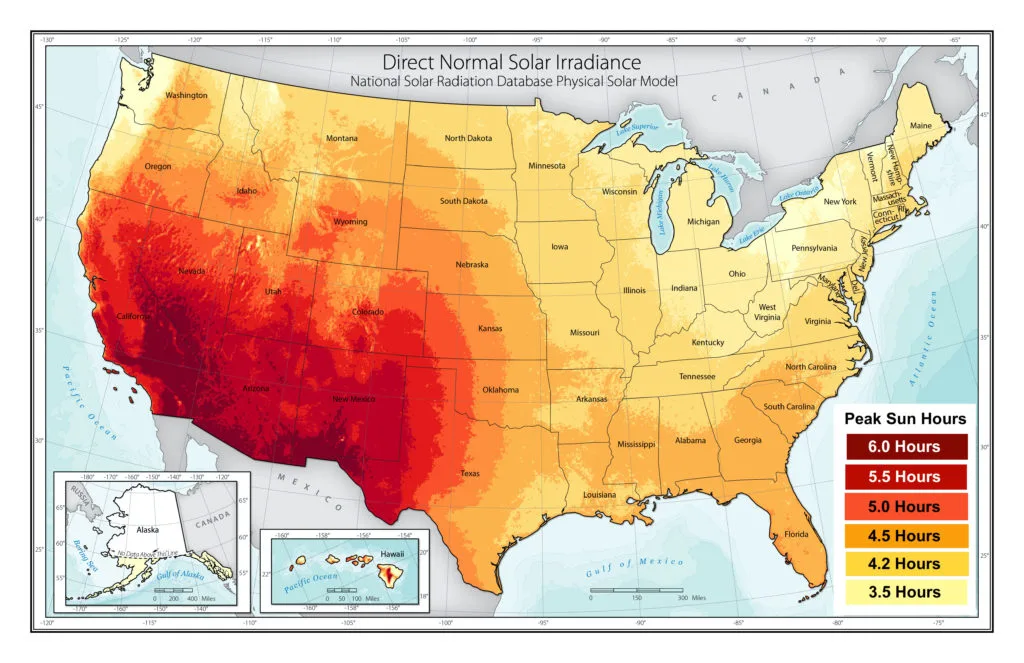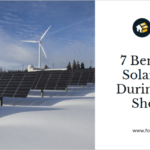
Table of Contents
Are Solar Panels Worth it? Will I see Savings?
The truth is solar makes sense for most homeowners. Nobody doubts whether the technology works. Most just never looked into it.
Have you driven through your neighborhood recently and looked at the rooftops? There are a substantial number of homes with solar panels. The truth is, solar energy can save you tens of thousands of dollars across the life of your solar energy system. Nobody doubts whether solar technology works. It is a cleaner form of energy than carbon-based fuels, and safer than nuclear power.
Solar energy works, but it may not work for your situation. Here is an overview of what you need to know and consider when going solar.
You need an Electric Bill. The Higher, the Better

The first consideration when thinking about installing solar panels is whether or not you will save money. The benefit of solar panels is that you are provided an option outside of your local utility company. California utility companies are known to have some of the highest electricity rates in the country, making alternative clean energy options attractive. With substantial rate hikes, like the proposed 14.4% increase by Southern California Edison (SCE), the benefit of solar has never been more pronounced for California residents. This means that SCE monthly electricity costs could rise by 14.4% in 2021 alone. This theme of increasing already high electricity prices makes solar energy an excellent alternative for most homeowners.
This alternative form of clean energy is cheaper for most homeowners than how much you would typically pay for electricity. The more that you pay for electricity, the greater the chance solar electricity will benefit you. Plus, you even can sell back the excess power that your solar system generates.
More Sunshine Equals More Savings
Solar systems are heavily dependent on sunlight—the more sunshine your panels are exposed to, the more energy output your solar power system can generate. The silicon solar cells in the solar panels capture sunlight and convert it into useable electrical power that you can use to power your home. The amount of sun can also determine how many solar panels you will need to offset the amount of energy your home consumes. In California, the best roof planes are your south-facing roof planes, then West, East, and then North.
*Pro Solar Tip: We rarely put solar panels on the North facing roof. We find that there is virtually no benefit due to the lack of exposure to the sun.

Solar is a wonderful renewable energy source that converts sunlight into electricity. If the area you are considering doesn’t have many trees or shading from other buildings between the hours of 9 am - 4 pm, the chances are high that your solar panels will provide a decent ROI. If your home is exposed to considerable shading, you may be faced with the choice to either remove the obstruction or not install solar. If sunlight is or will be an issue, the benefit of solar will be heavily muted.
Have Enough Roof for Rooftop Solar?

Suppose you have excellent exposure to the sun with minimal to no shade. In that case, it is crucial to have enough room to install the correct number of solar panels you need to offset your energy consumption. High electricity consumption means that more solar panels will be required to offset that consumption. This means that you will need a larger surface area to house all of the solar panels that are needed adequately. As a general rule of thumb, if you have a large south-facing roof without lots of obstructions, you have an ideal situation for solar. Read more, How Many Solar Panels do I Need?
Define Your Goals for Going Solar
Going solar is a significant decision, and so it is clear to have a strong understanding of your goals for going solar. Common reasons for going solar can range from cost savings, regulations like Title 24, sustainability, and protection from a power outage. These reasons are a fantastic catalyst to going solar but can impact what kind of solar energy system you build. By defining your goals for going solar, you can create the right solar energy system for your needs:
- Are you looking for the absolute lowest cost of solar possible?
- Lowest Initial Purchase Price of Higher Solar Panel Efficiency for long-term?
- Do you want to add a battery backup to protect against a power outage?
- Are you looking to satisfy the minimum requirements for New Construction or Title 24 for Solar?
One significant aspect of solar is that it is scalable in its design. If your goals change, so can your solar energy system. It is easy to add on additional panels, monitoring, and battery backup in the future if you desire when you desire.
Other Considerations Before Going Solar
Following are some other areas of consideration before going solar
Do you own your home or building?
You need to own the property that you are trying to install solar panels. If you lease or rent, you cannot install solar panels without express written consent by the property owner.
How long will you live in your home?
Will you be living in your home for the next five (5) to ten (10) years? If so, you will see a return on your investment. Not only will you be able to recoup the cost of going solar by offsetting your existing electricity costs, but your home will also sell for more. This means that when you sell your home, you will receive more for your home than if your home didn’t have solar. Read more about how solar impacts home value. There were two identical homes on the market, but one had a lower monthly operating cost vs. the other. Wouldn’t you be willing to pay more for the home that came with a significantly smaller electricity bill?
How is the condition of your roof? Will it last ten years?
If your roof needs to be repaired in the next ten (10) years, we recommend that you fix your roof before installing solar. Solar panels come with a 25-year warranty and can last up to last 40 years. Be smart and replace your roof first!
Read More: Solar + Roofing
Purchase vs Lease Solar?
Just like a car, there are multiple ways to finance solar energy. Some homeowners choose to purchase their system and break even on their investment after a few years. Others prefer to lease their system by trading their electric bill for a solar power purchase agreement (Solar PPA). Instead, you don’t own the system but pay monthly payments that cost less than their current and future monthly electric bill.
Read More: Own Vs. Lease Solar
Am I eligible for the Federal Solar Tax Incentive?
For those looking to maximize their Return on Investment (ROI), it is vital to know any existing incentives and tax credits you are eligible for. The most significant tax credit is the Federal Investment Tax Credit (ITC), commonly referred to as the Solar Tax Credit. The Federal ITC is a step-down credit that will slowly decrease over time. It is currently at 26% for 2021, and this savings can play a significant role in your financial payback. However, there are some exclusions to the Federal ITC. As long as you have a federal tax liability and are purchasing the system, you should be eligible for the Solar Tax Credit.
Read More: Federal Solar Incentives
Does your neighborhood HOA have any restrictions?
If you live in a neighborhood with strict restrictions, such as a Homeowners Association (HOA), you may have specific requirements or regulations. Check with your HOA to ensure that solar panels are permitted and have any particular needs. Some HOAs will require solar skirts, additional setback restrictions, and mounting equipment. Do your homework! Some solar companies will handle the HOA process. Here at Forme Solar Electric, our trained solar experts will help you through the HOA solar requirements.
What are the next steps for going solar?
Contact the helpful Solar Experts at Forme Solar to provide a customized analysis of your situation. With your address and a copy of your electric bill, we can analyze how many solar panels you need for your home. We will inspect your home with satellite imagery to see the best solar panel options for you and your home. Our focus is to provide quality solar installation services. We are solar panel agnostic and happy to customize the best solution for you across leading solar panels from LG, REC, Panasonic, Q CELL, Tesla and more! With a comprehensive solution that assesses shading conditions and sunlight across 365 days for 25 years, we will provide a comprehensive proposal that maximizes your investment.
If you are considering solar for your home or business, you will make an undeniable impact by going solar. As one of the leading American Companies focused on renewable energy, we can be your perfect companion when making the switch over to renewable energy. We use the highest efficiency panels across both monocrystalline panels and polycrystalline panels. Give us a call for a free energy consultation to see if solar is right for you! Call (714) 694-2262 or request a FREE Online Solar Analysis today!
















